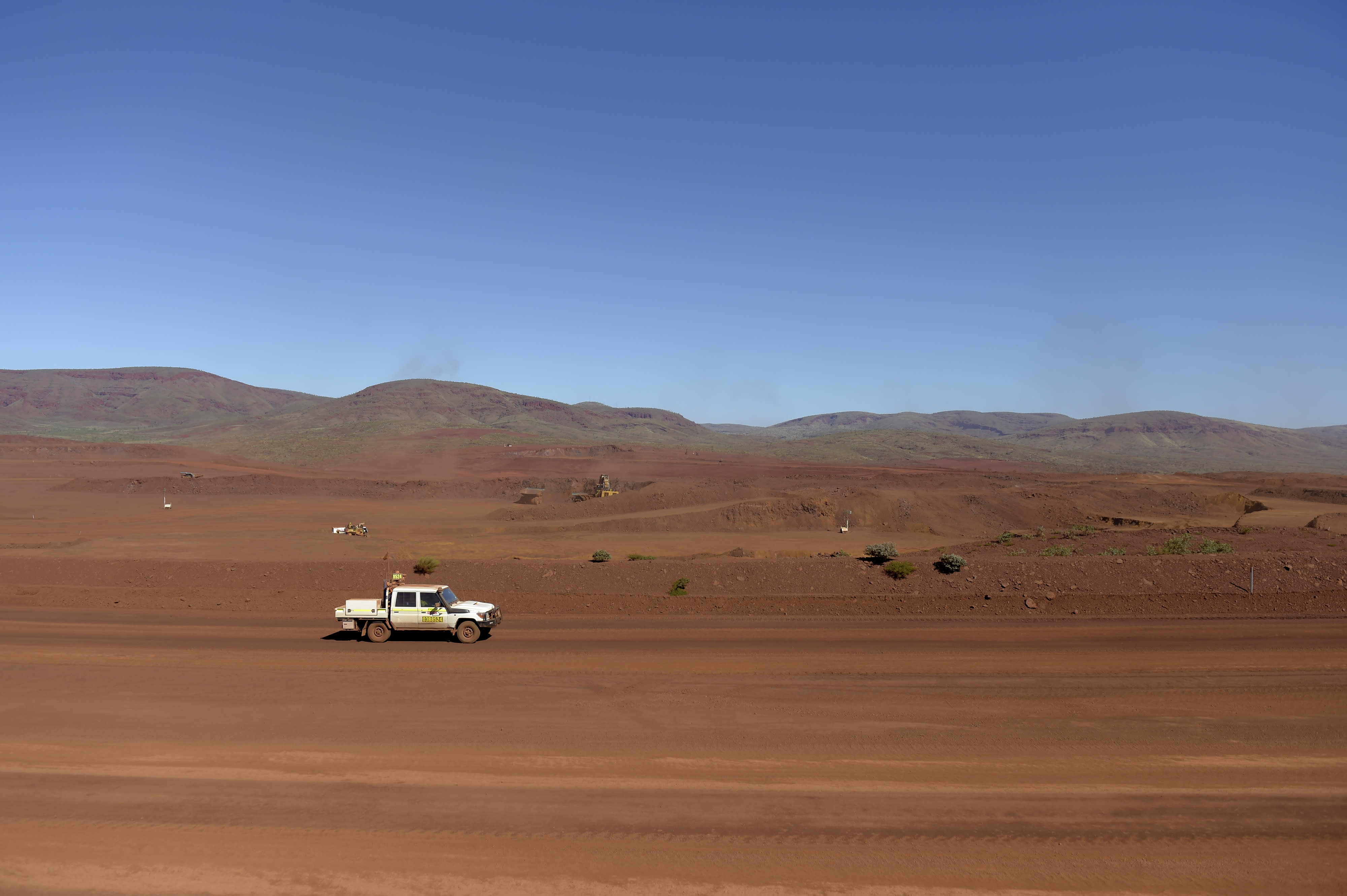
Mining giant Rio Tinto on Monday apologized after the loss of a small radioactive capsule used in its operations caused a radiation alert in Western Australia.
The silver-colored capsule is just 6 millimeters in diameter (0.24 inches) and 8 millimeters long and is thought to have been lost during a 1,400-kilometre drive through the remote Pilbara, Midwest Gascoyne, Goldfields-Midlands and Perth Metropolitan regions.
Emergency services in the state of Western Australia said close exposure to the substance could cause radiation burns or radiation sickness and warned the public to stay five meters away from it if spotted. However, they said the risk to the rural community was relatively low.
The capsule was part of a gauge used for measuring the density of iron ore feed.
It was delivered by a third-party contractor from Rio Tinto’s Gudai-Darri site to Perth for repairs on Jan. 12, arriving on Jan. 16.
When it was unpacked for inspection on Jan. 25, the gauge was found broken apart with four mounting bolts, all screws and the capsule missing.
Simon Trott, Rio Tinto’s iron ore chief executive, said in a statement issued Monday, “We are taking this incident very seriously. We recognise this is clearly very concerning and are sorry for the alarm it has caused in the Western Australian community.”
He thanked the emergency services and Western Australian government for assisting with search operations and said the company launched an investigation into how the incident occurred.
“We have offered our full and ongoing support to authorities in the search for the missing device. We have completed radiological surveys of all areas on site where the device had been, and surveyed roads within the mine site as well as the access road leading away from the Gudai-Darri mine site,” he said.
Rio Tinto, one of the world’s biggest mining firms, says it routinely transports and stores dangerous materials and has controls in place to manage risks.
In 2020, it took responsibility for destroying a 46,000-year-old Aboriginal heritage site.
Source: CNBC
